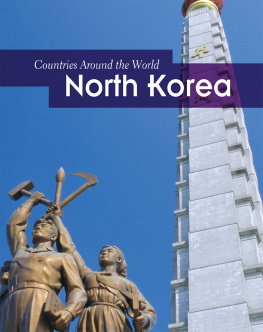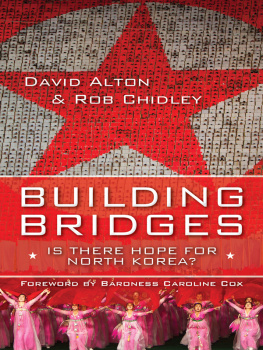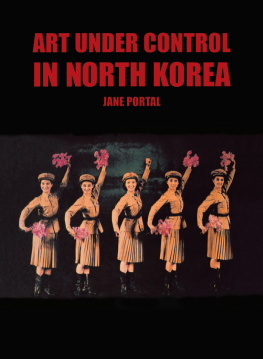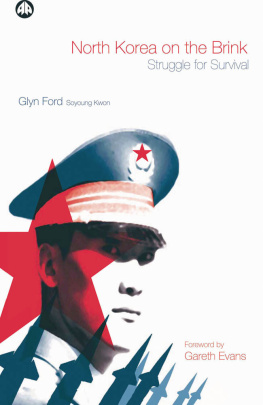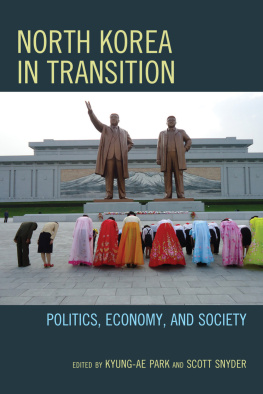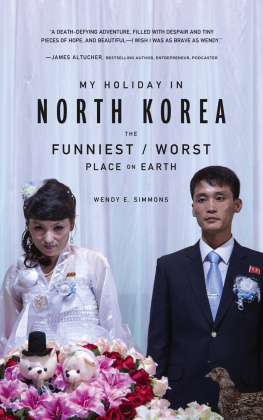Oxford University Press, Great Clarendon Street, Oxford OX2 6DP
Oxford New York
Athens Auckland Bangkok Bombay Calcutta Cape Town
Dar es Salaam Delhi Florence Hong Kong Istanbul Karachi
Kuala Lumpur Madras Madrid Melbourne Mexico City
Nairobi Paris Singapore Taipei Tokyo Toronto
and associated companies in
Berlin Ibadan
Oxford is a trade mark of Oxford University Press
Published in the United States
by Oxford University Press Inc., New York
International Institute for Strategic Studies 1998
First published November 1998 by Oxford University Press for
International Institute for Strategic Studies
23 Tavistock Street, London WC2E 7NQ
Director John Chipman
Editor Gerald Segal
Assistant Editor Matthew Foley
Design and Production Mark Taylor
All rights reserved. No part of this publication may be reproduced, stored in a retrieval system or transmitted in any form or by any means, electronic, mechanical or photo-copying, recording or otherwise, without the prior permission of the International Institute for Strategic Studies. Within the UK, exceptions are allowed in respect of any fair dealing for the purpose of research or private study, or criticism or review, as permitted under the Copyright, Designs and Patents Act, 1988, or in the case of reprographic reproduction in accordance with the terms of the licences issued by the Copyright Licensing Agency. Enquiries concerning reproduction outside these terms and in other countries should be sent c/o Permissions, Journals Department, Oxford University Press, Great Clarendon Street, Oxford, OX2 6DP, UK.
This book is sold subject to the condition that it shall not, by way of trade or otherwise, be lent, re-sold, hired out or otherwise circulated without the publishers prior consent in any form of binding or cover other than that in which it is published and without a similar condition including this condition being imposed on the subsequent purchaser.
British Library Cataloguing in Publication Data
Data available
Library of Congress Cataloguing in Publication Data
ISBN 0-19-922379-3
ISSN 0567-932X
map & tables
Map 1
The Korean Peninsula
Figure 1
The Structure of the North Korean State
Table 1
Estimated North Korean Defence Expenditure, 19911997
Table 2
Estimated North Korean Grain Shortfall, 19911996
Table 3
North Korean Trade Volume, 19901996
Table 4
The Military Balance on the Korean Peninsula
Table 5
Japanese Trade with South Korea, 19901997
Table 6
Chinese Trade with South Korea, 19901997
Table 7
Russian Trade with South Korea, 19921997
Since its division in 1945, the Korean Peninsula has endured war in 195053 and faced the constant threat of further conflict between North and South. Although the end of the Cold War has not eased this hostility, the Soviet Unions demise has shifted the Peninsulas balance of power further in South Koreas favour. The Soviet Unions collapse ended Moscows long-standing support for Pyongyang and fatally weakened the Norths already declining economy. This paper examines North Koreas circumstances and its prospects for survival. The regime is increasingly embattled, and its options are diminishing. It is likely to fall, but the process could be lengthy and could damage regional stability.
North Koreas economic crisis is so severe that the economy cannot be sustained without outside help. The countrys only hope of emerging from the crisis is fundamental reform, but the regime appears unwilling and sometimes unable to undertake it. The Norths problems began in the 1960s, when heavy defence spending and other economic distortions laid the foundations for the countrys current difficulties. The loss of Soviet direct aid and the end of soft trade terms, compounded by inclement weather which has led to food shortfalls, mean that, since 1990, the Norths economy has been losing ground. Lack of information makes accurate measurement impossible, but the economy is estimated to have contracted by more than 50% between 1992 and 1996. The most obvious manifestation of crisis has been the regimes inability to feed its people: since 1995, hundreds of thousands may have died of starvation and malnutrition-related diseases. There is no reliable basis for a more accurate assessment of the food situation.




